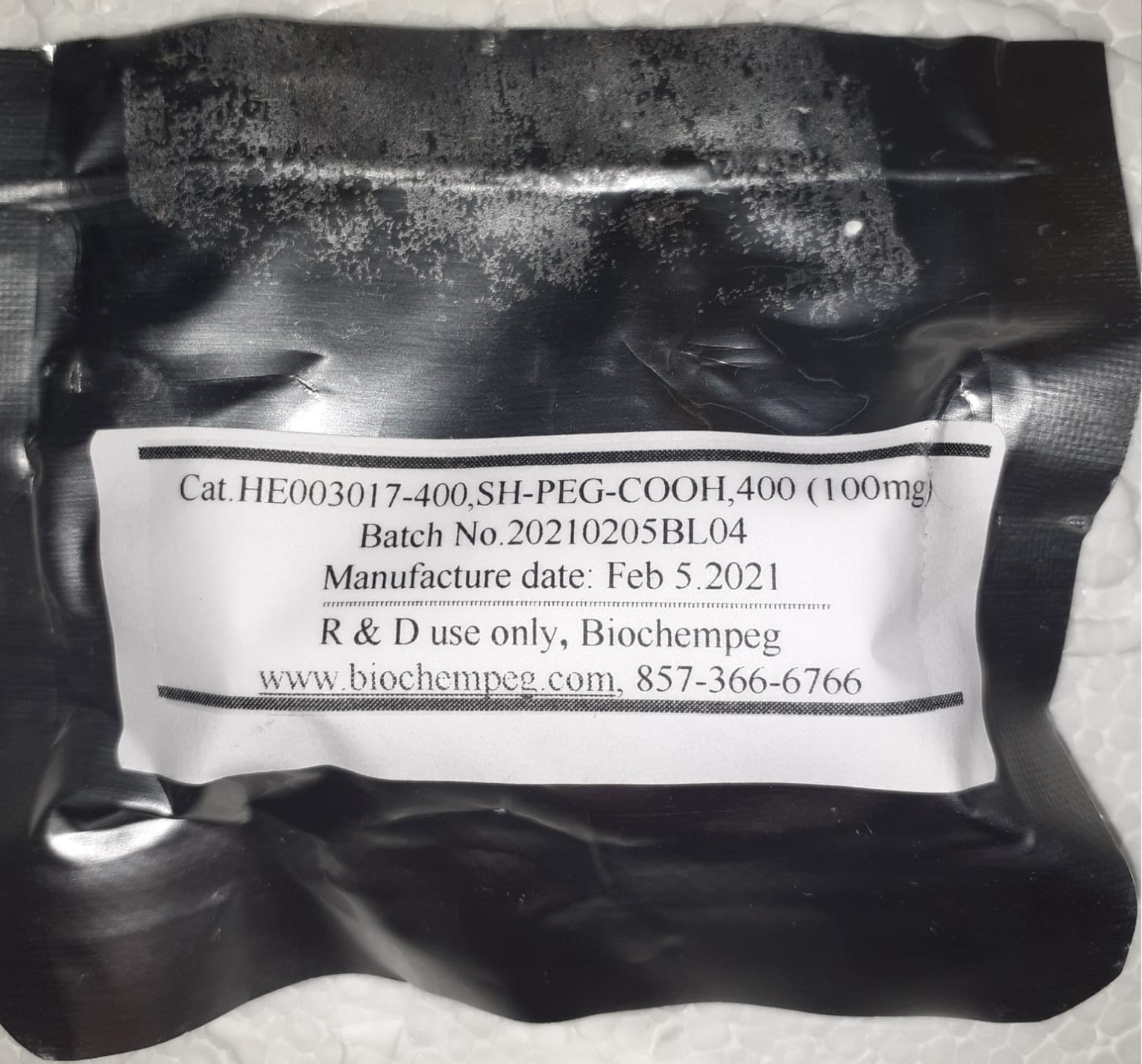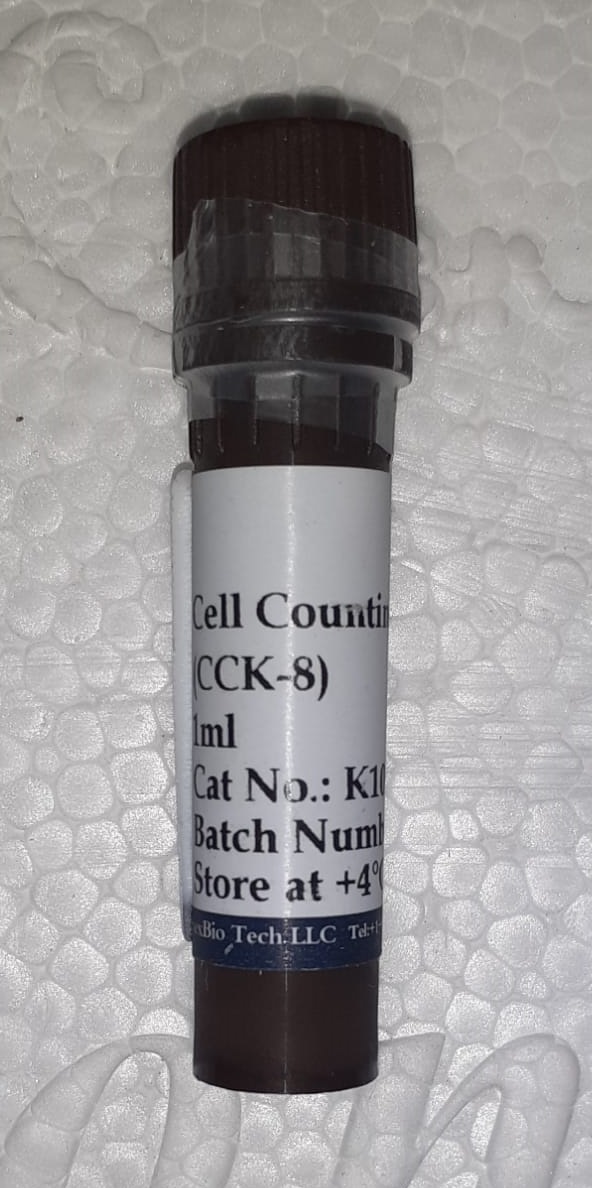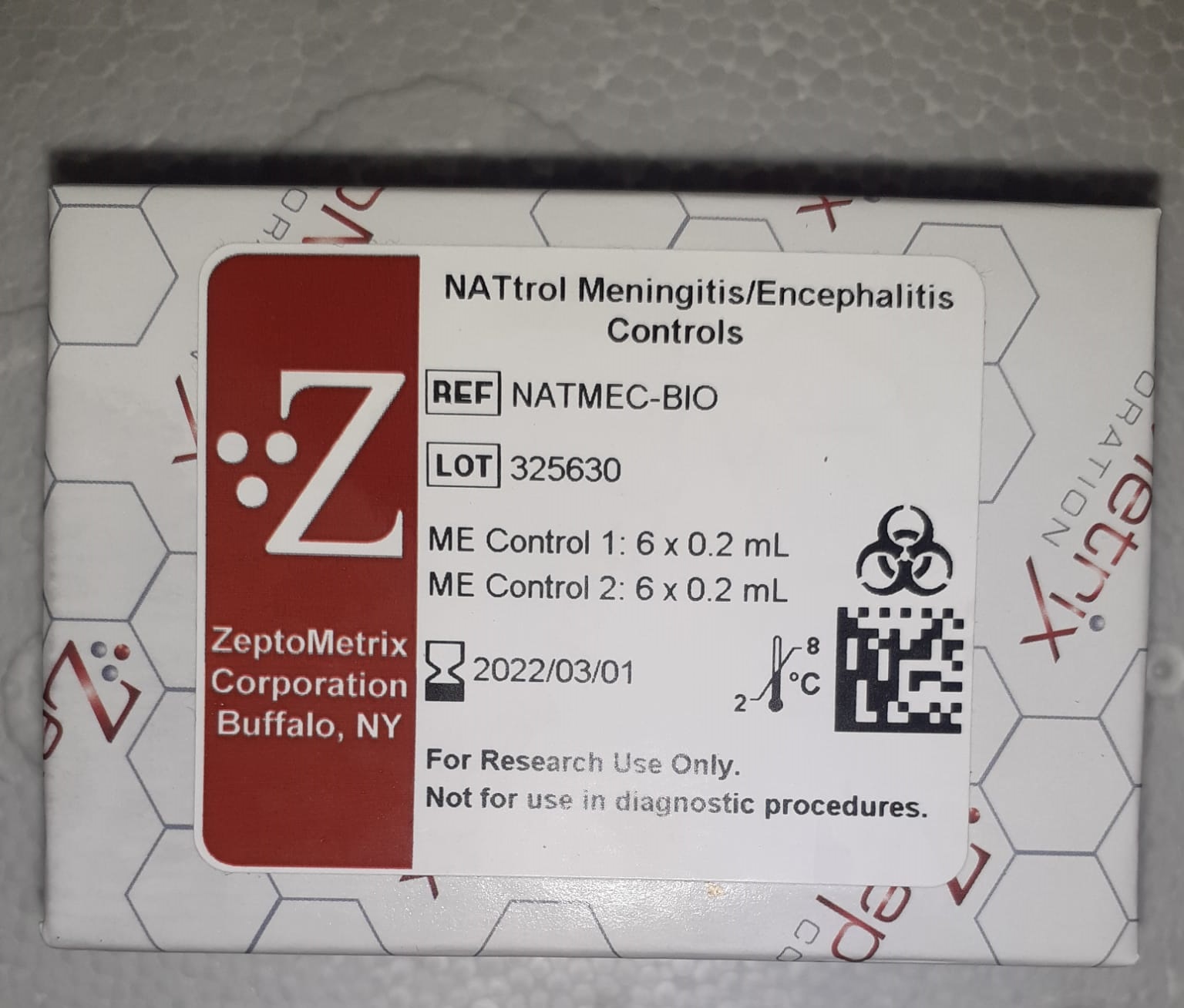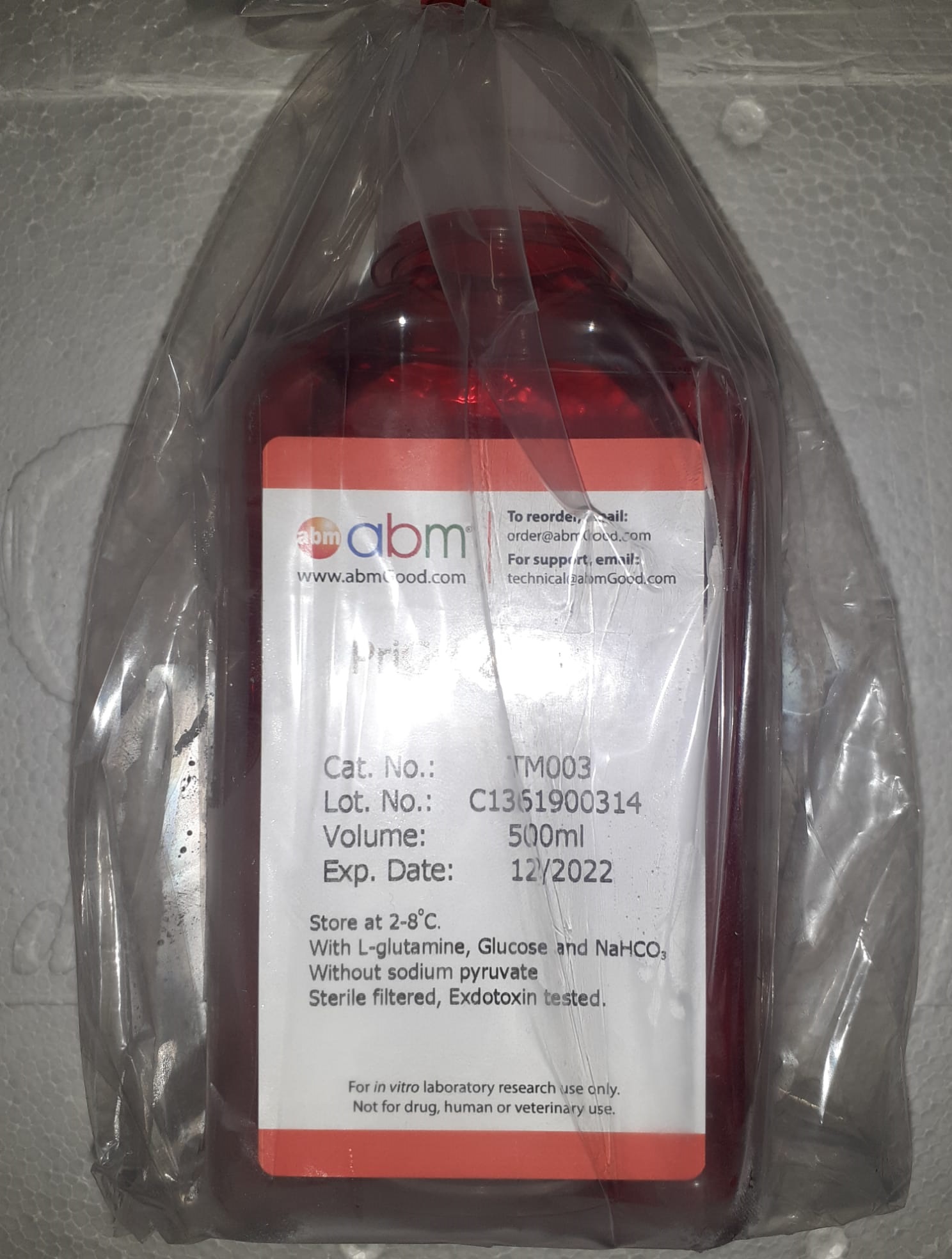
Are chimeric antigen receptor T cells (CAR-T cells) the future in immunotherapy for autoimmune diseases?
Goal: CAR-T cell remedy has revolutionized the remedy of oncological illnesses, and potential makes use of in autoimmune illnesses have not too long ago been described. The overview goals to combine the obtainable information on remedy with CAR-T cells, emphasizing autoimmune illnesses, to find out therapeutic advances and their doable future medical applicability in autoimmunity.
Supplies and strategies: A search was carried out in PubMed with the key phrases “Chimeric Antigen Receptor” and “CART cell”. The paperwork of curiosity had been chosen, and a crucial overview of the knowledge was carried out.
Outcomes: Within the remedy of autoimmune illnesses, in preclinical fashions, three totally different mobile methods have been used, which embody Chimeric antigen receptor T cells, Chimeric autoantibody receptor T cells, and Chimeric antigen receptor in regulatory T lymphocytes. All three forms of remedy have been efficient. The potential adversarial results inside them, cytokine launch syndrome, mobile toxicity and neurotoxicity should at all times be stored in thoughts.
Conclusions: Though data in people just isn’t but obtainable, preclinical fashions of CAR-T cells within the remedy of autoimmune illnesses present promising outcomes, in order that sooner or later, they could turn into a helpful and efficient remedy within the remedy of those pathologies.
Ovalbumin Antigen-Particular Activation of Human T Cell Receptor Carefully Resembles Soluble Antibody Stimulation as Revealed by BOOST Phosphotyrosine Proteomics
Activation of the T cell receptor (TCR) results in a community of early signaling predominantly orchestrated by tyrosine phosphorylation in T cells. The TCR is usually activated utilizing soluble anti-TCR antibodies, however this method just isn’t antigen-specific. Alternatively, activating the TCR utilizing particular antigens of a spread of binding affinities within the type of a peptide-major histocompatibility complicated (pMHC) is presumed to be extra physiological. Nevertheless, because of the lack of wide-scale phosphotyrosine (pTyr) proteomic research immediately evaluating anti-TCR antibodies and pMHC, a complete definition of those activated states stays enigmatic.
Elucidation of the tyrosine phosphoproteome utilizing quantitative pTyr proteomics allows a greater understanding of the distinctive options of those activating brokers and the position of ligand binding affinity on signaling. Right here, we apply the not too long ago established Broad-spectrum Optimization Of Selective Triggering (BOOST) to look at perturbations in tyrosine phosphorylation of human TCR triggered by anti-TCR antibodies and pMHC. Our information reveal that high-affinity ovalbumin (OVA) pMHC activation of the human TCR triggers a largely related, albeit probably stronger, pTyr-mediated signaling regulatory axis in comparison with the anti-TCR antibody. The signaling output ensuing from OVA pMHC variants correlates properly with their weaker affinities, enabling affinity-tunable management of signaling power. Collectively, we offer a framework for making use of BOOST to match pTyr-mediated signaling pathways of human T cells activated in an antigen-independent and antigen-specific method.
Bilateral anterior cerebral artery occlusion following CD19- and BCMA-targeted chimeric antigen receptor T-cell remedy for a myeloma affected person
Chimeric antigen receptor T (CAR-T)-cell remedy is a promising remedy for relapsed/refractory a number of myeloma (RRMM). In our earlier report, CD19- and BCMA-targeted CAR-T co-administration was related to a excessive response charge. Though cytokine launch syndrome (CRS) and neurotoxicity are frequent issues following CAR-T remedy, cerebral infarction is never reported as a CAR-T-related complication. We reported a 73-year-old feminine MM affected person who obtained CD19- and BCMA-targeted CAR-T for refractory illness.
Her illness responded to CAR-T remedy, however she developed neurological signs following CRS. Cranial CT and MRI demonstrated a number of cerebral infarctions and bilateral anterior cerebral artery (ACA) occlusion. We advise that cerebral infarction aside from CAR-T-related neurotoxicity is the underlying explanation for irregular neuropsychological signs, and diagnostic imaging exams must be actively carried out to exclude ischemic cerebrovascular occasions.
The Intracellular Area of CD40 is a Potent Costimulatory Ingredient in Chimeric Antigen Receptors
The costimulatory domains integrated into second-generation and third-generation chimeric antigen receptors (CARs) strongly affect CAR-T-cell perform. Right here, we explored second-generation and third-generation CARs harboring the signaling area of the CD40 receptor as a brand new costimulatory aspect as compared with related CARs carrying the 4-1BB area. In CARs of each generations, CD40 was stronger than 4-1BB in triggering the NF-κB signaling pathway.
In human T cells from 2 donors, CD40 was akin to 4-1BB in upregulating costimulatory and activation markers, inducing proinflammatory cytokine secretion and mediating goal cell killing. Curiously, variations within the response sample of T cells from the two donors with respect to CD40 and 4-1BB had been evident. We conclude that in human T cells, the CD40 signaling area is a potent costimulatory aspect in each second-generation and third-generation CARs.

A Systematic Evaluation of the Position of Chimeric Antigen Receptor T (CAR-T) Cell Remedy within the Remedy of Strong Tumors
Chimeric antigen receptor T (CAR-T) cell remedy makes use of sufferers’ personal T lymphocytes which are engineered to assault most cancers cells. It’s Meals and Drug Administration (FDA)-approved in varied hematological malignancies and at present being evaluated in strong cancers in early section research. We did a scientific overview consisting of 15 potential medical trials (n=159) evaluating CAR-T cells in strong cancers. Early section trials confirmed promising response charges in ovarian epithelial most cancers (100%), human epidermal development issue receptor 2 (HER2)-positive sarcoma (67%), epidermal development issue receptor (EGFR)-positive biliary tract most cancers (65%), superior gastric/pancreatic most cancers (82%), hepatocellular carcinoma (67%), and colorectal most cancers (70%).
The median general response throughout all malignancies was 62% (vary 17%-100%). Median progression-free survival and general survival weren’t reached in most trials. Cytokine launch syndrome was seen in just one affected person with cholangiocarcinoma who obtained EGFR-specific CAR-T cell remedy. Though survival information remains to be not mature, CAR-T cell remedy in strong malignancies did present encouraging response charges and was well-tolerated.
Variations in lymphoma sufferers between chimeric antigen receptor T-cell remedy trials and the final inhabitants
Chimeric antigen receptor (CAR)-T cell therapies seem to be promising therapies for non-Hodgkin’s and B-cell lymphoma. Nevertheless, a number of CAR-T therapies permitted by the US Meals and Drug Administration have solely been examined for efficacy in comparatively few single-arm medical trials with small pattern sizes. We sought to look at the variations between sufferers in these trials and the final inhabitants of sufferers with non-Hodgkin’s and B-cell lymphoma. 5 hundred and twenty-two sufferers from 15 CAR-T trials present in a scientific overview and 417,492 sufferers from the Surveillance, Epidemiology, and Finish Outcomes (SEER) Program database had been in contrast.
CAR-T examine contributors seemed to be youthful (46.7% beneath 70 years previous vs. 42.2%), extra male (68.0% vs. 55.7%), and adopted for a shorter time frame in comparison with sufferers within the SEER inhabitants (imply [M] 45.6 months, 95% confidence interval [CI] 17.7 to 63.three months follow-up vs. M 57.1 months, 95% CI 57.Zero to 57.three months survival). CAR-T examine contributors could differ considerably from the final inhabitants of sufferers with non-Hodgkin’s and B-cell lymphoma. Effectiveness of CAR-T therapies within the basic inhabitants of lymphoma sufferers could differ from effectiveness demonstrated in trials. Newly created CAR-T affected person registries are important to establishing population-level effectiveness of the therapies.


